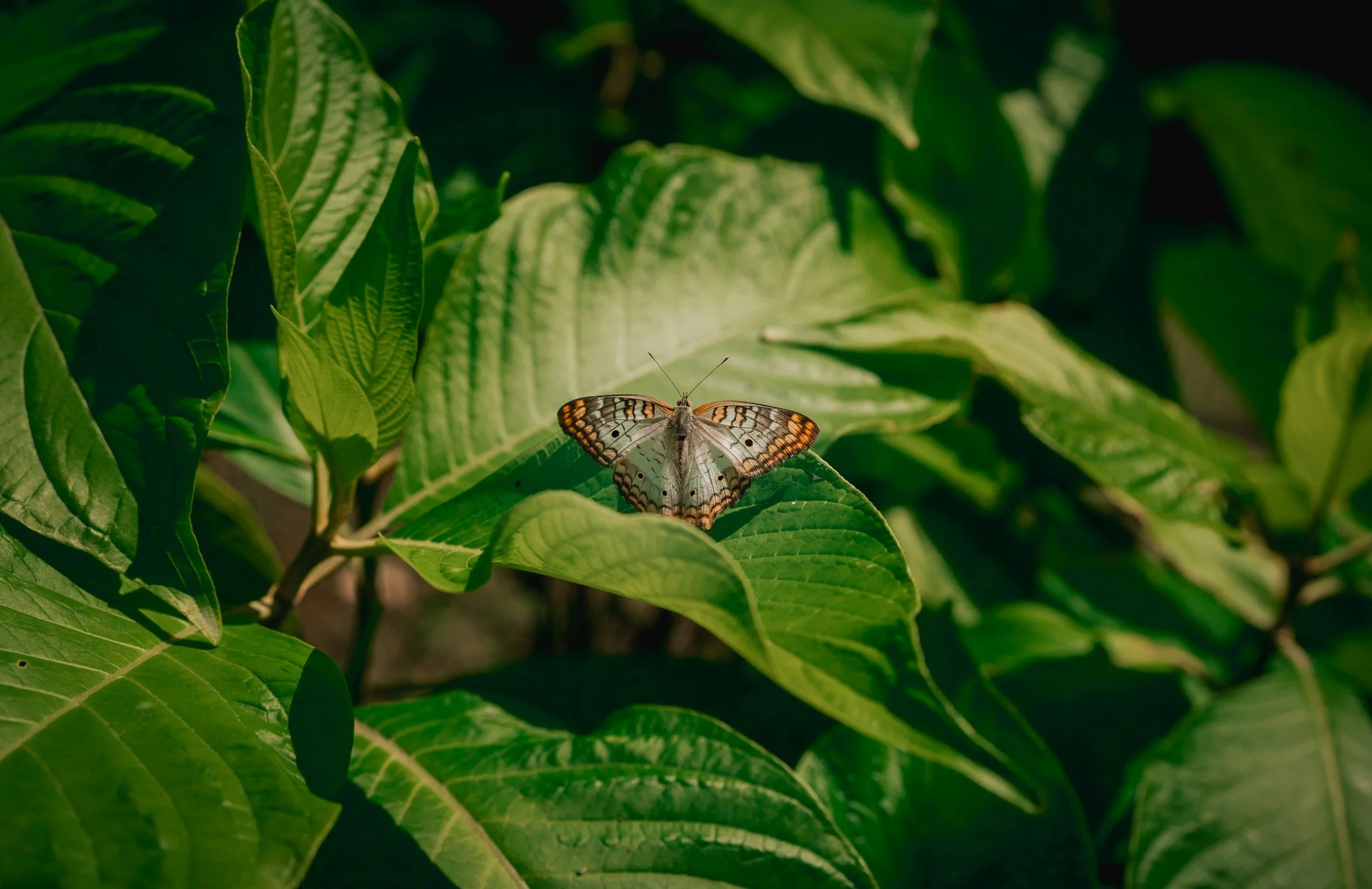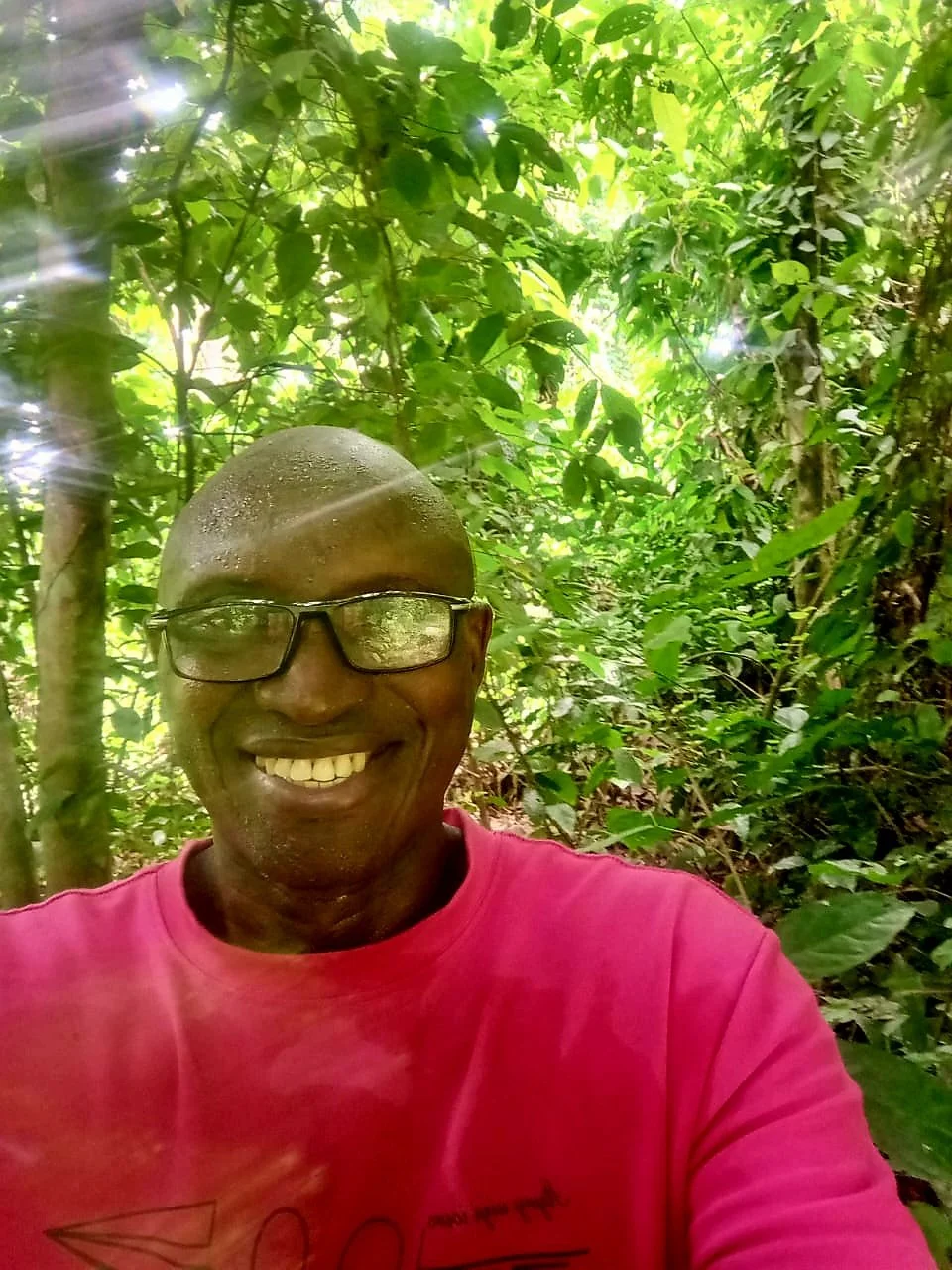Relational Custodianship for Shrines, Waters, and Groves
Òrìşà as Guardians:
We are building a network of shrine keepers in Nigeria who steward sacred groves, rivers, and ancestral waters—not as environmental resources to be conserved, but as cosmological kin with agency, memory, and demands. These groves are not symbolic—they are homes to deities, ancestors, and earth intelligences whose voices must be recognized in any planetary future.
Our model resists modern conservation logics that frame nature as passive or commodifiable. Instead, we draw from Yoruba cosmology and decolonial relationality to develop a governance model in which orisa and shrine keepers co-steward land and water through ritual, story, and collective accountability.
Conventional approaches assume nature must be managed, owned, or saved by humans. We reject this premise. Instead, we align with traditions in which the forest is a relative, the river has a mouth, and the grove can withhold its blessings if mistreated. Change happens when:
Shrine keepers are resourced as relational diplomats, not bypassed for “rational” stakeholders.
Groves are protected through ceremonial diplomacy, not just legal defense.
Communities re-enter covenantal relationships with land and spirit—not to extract, but to reciprocate.
Oluwatoyin Adepoju
Co-director, Shrine Guardian Project, Nigeria
K. Noël Amherd, MA PhD Babaláwo,
Co-director, Shrine Guardian Project
Most conservation models aim to preserve biodiversity through modernist, technocratic means. Our project:
Centers indigenous epistemologies not as content, but as method.
Treats orisa and groves as co-authors of the work, not silent beneficiaries.
Moves from sustainability to relational fidelity.
Invokes a post-legal ethics of guardianship: shrines and forests are not “ours”—they are watching us.



